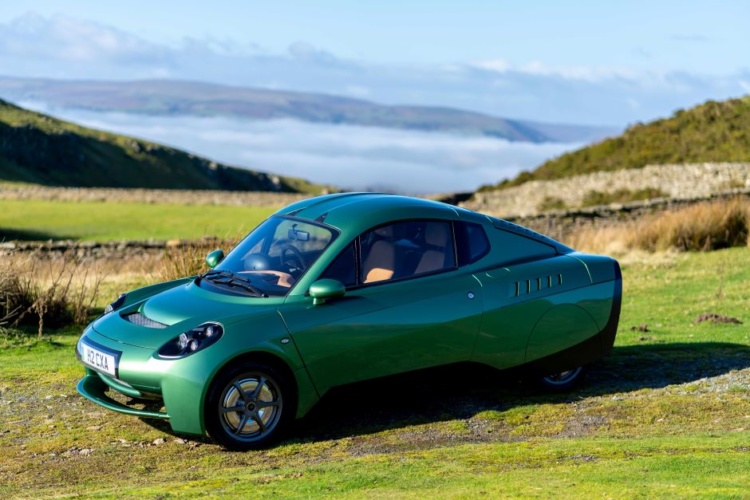
A Memorandum of Understanding between the companies will focus also on financing for volume production and regional skills development for the hydrogen mobility sector.
Hugo Spowers, MD of Riversimple, said: “[Siemens] share our passion for sustainability, hydrogen and the circular economy and have deep expertise in technology software and plant simulation as well as financing the tech sector.”
Interview: Hugo Spowers, founder of Riversimple
New deals on wheels – the evolution of car ownership
“We support firms that produce boundary-breaking products in terms of design, manufacturing and performance,” added Brian Holliday, MD Siemens Digital Industries GB & Ireland.
Riversimple is currently building a low volume production run of Rasas for a trial with the general public based in Abergavenny in Monmouthshire. The trial is being supported by OZEV (Office for Zero Emission Vehicles) as part of the HTP (Hydrogen for Transport) programme.
“We are really pushing the boundaries of sustainable possibilities, because as a start-up we are able to do so whereas mature companies face exit barriers that make some of these initiatives impractical,” said Spowers. “We understand and respect this but Siemens are genuinely interested in exploring this brave new world and I think the flow of learning in this area will be two way; they can definitely help us with their various tools but they can also learn from us as we are a relatively small scale lab.”
He added: “We are able to be very purist about the circular economy, pushing it upstream into the supply chain, designing products entirely for a deeply circular model – and that profoundly affects the design choices.
“They are also helping us with not just simulation but also brainstorming on the manufacturing facility, which we hope will be an exemplar of not just environmental sustainability but also working environment and adaptability.”
Riversimple aims to start commercial production of Rasa in 2023, and a light goods vehicle in 2024. Each plant would create around 220 jobs, making 5,000 vehicles per annum, as well as indirect supply chain jobs.
The company has also announced the appointment of Gambit Corporate Finance LLP and an investment round that aims to raise £150m over the next three years, which is set to fund the two manufacturing plants.



April 1886: the Brunkebergs tunnel
First ever example of a ground source heat pump?